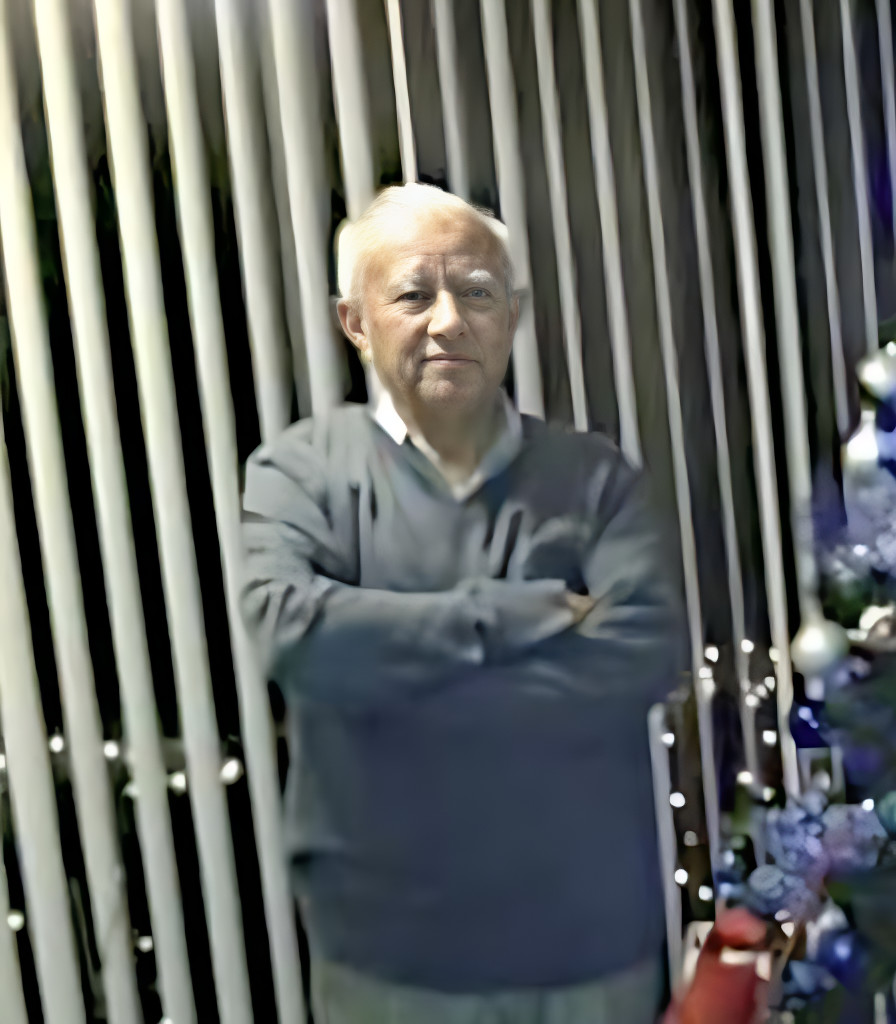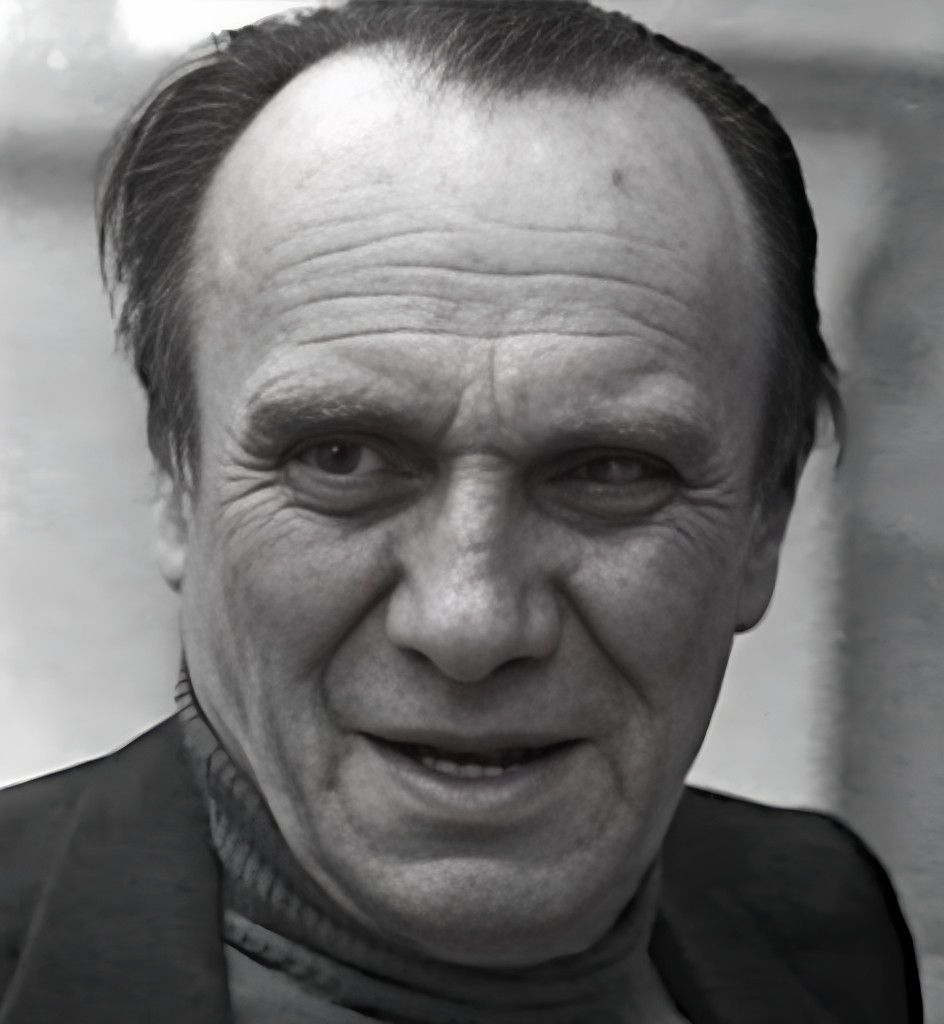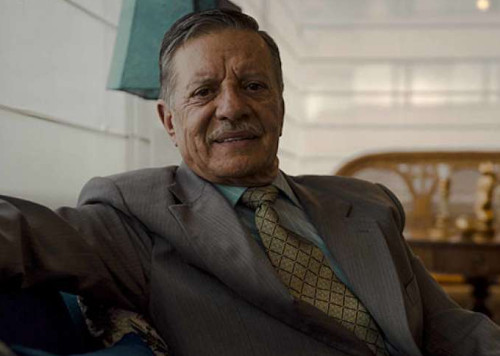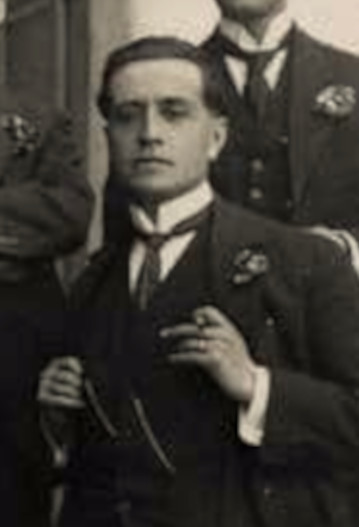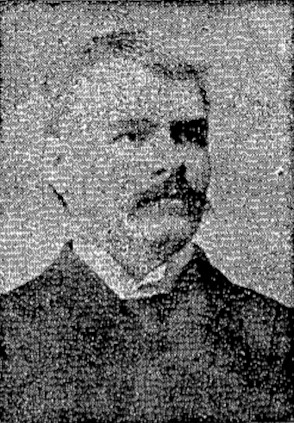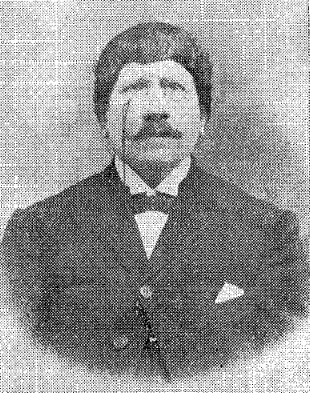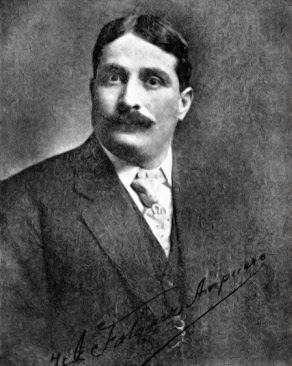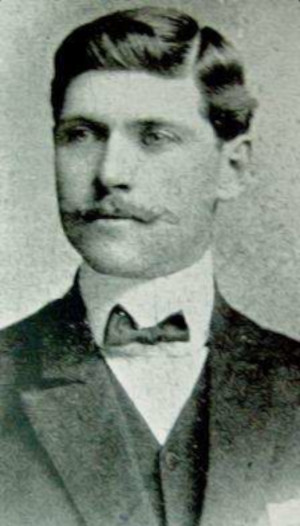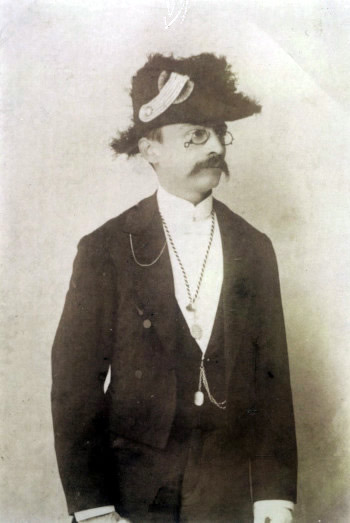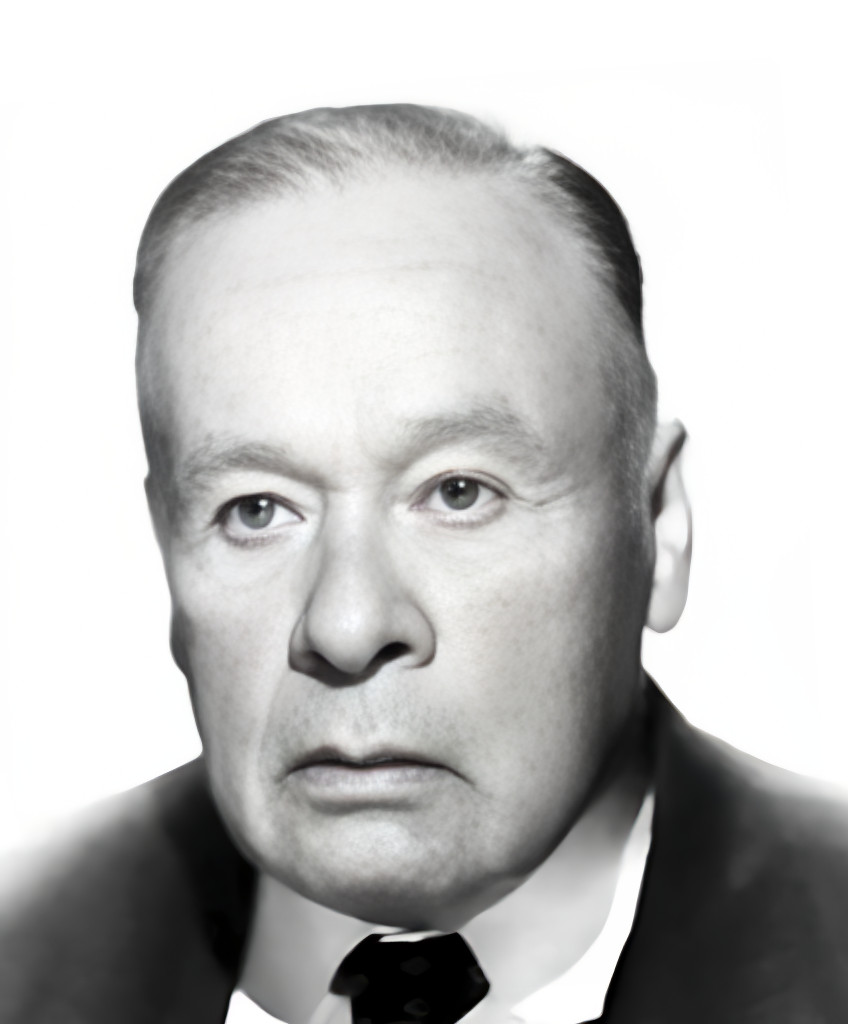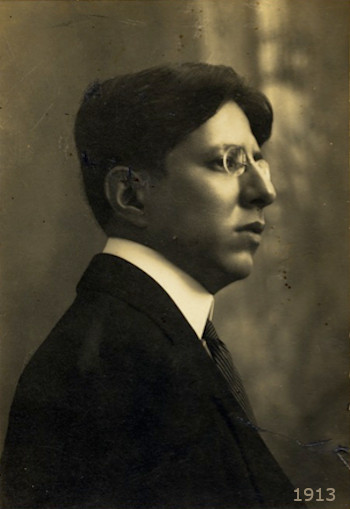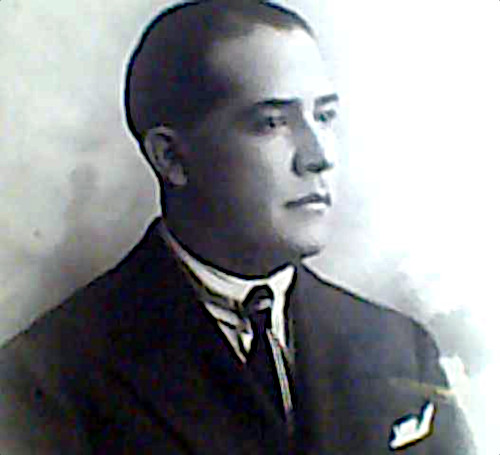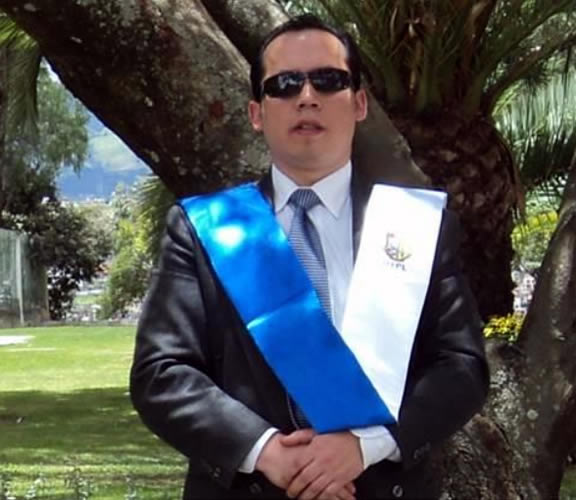Nelson Jaramillo Mora (Zaruma, El Oro, Ecuador, circa 1930-2017) was an Ecuadorian writer and archaeologist. He worked as a professor of history and civics for over 35 years. Jaramillo Mora wrote short stories, essays, biographies, poems and books on history and archeology.
Continue reading “Nelson Jaramillo Mora”Month: March 2021
Antonio Lloret Bastidas
Antonio Lloret Bastidas (Cuenca, February 5, 1920 – November 5, 2000) was an Ecuadorian writer, journalist, critic and educator. He wrote several books of various genres: poetry, history, biography, fiction and nonfiction. From 1947 to 1960, he received several poetry awards, and in 1975, his novel “Los signos de la Llama,” which received praise from Jorge Luis Borges, won the House of Ecuadorian Culture’s novel competition. That same year, the Municipality of Cuenca awarded him the “Fray Vicente Solano” Cultural Award. In 1993, he joined the Ecuadorian Academy of Language. He was a founding member of the Azuay Union of Journalists and the Director of the Municipal Library. In 1993, Cuenca’s Municipal Council named him “Lifetime Chronicler of Cuenca.”
Continue reading “Antonio Lloret Bastidas”César Hermida Bustos
César Hermida Bustos (Cuenca, 1943) is an Ecuadorian doctor, university professor and novelist. He is the son of the writer Dr. César Hermida Piedra. He was a professor at the Central University of Quito from 1972 to 1993. Later he was an honorary professor there. In 2019 his novel Amoríos won the “La Linares” award. He returned to live in Cuenca in 2018.
Continue reading “César Hermida Bustos”César Hermida Piedra
Dr. César Hermida Piedra (Cuenca, 1912-2005) was a doctor, university professor, writer, poet and a historian of Ecuadorian medicine. He served as the Undersecretary-General of Health at the Ministry of Public Health in Quito. As a professor in the Medical Sciences Department of the University of Cuenca, Dr. Piedra taught “history of medicine.” His son, César Hermida Bustos, is an award-winning novelist.
Continue reading “César Hermida Piedra”Agustín Cuesta Vintimilla
Agustín Cuesta Vintimilla (Cuenca, 1884 – December 6, 1946) was an Ecuadorian poet, medical doctor, university professor, historian, legislator, and director of public assistance. “Cantos de mi heredad,” his poetry collection, was published in 1918. A school bearing his name can be found in Baños, a parish located to the south-west of the Cuenca canton.
Continue reading “Agustín Cuesta Vintimilla”Gonzalo Llona
Gonzalo Llona Marchena (Lima, Peru, March 21, 1864 – May 20, 1933) was a poet and journalist. He was the son of the famous Ecuadorian poet Numa Pompilio Llona. He was a staff editor of the newspaper El Telegrafo. He wrote the hymns of several schools, a labor union, the firefighters of Guayaquil and the Boy Scouts of Ecuador. In 1921 he published “Ecos del alma,” a collection of hymns and patriotic poems.
Continue reading “Gonzalo Llona”Juan Eusebio Molestina
Juan Eusebio Molestina Matheus (Guayaquil, 1850 – ?) was an Ecuadorian poet and playwright known for his poetic dramas. His dramatic career crossed the year 1895, which marked the end of romanticism and the beginning of modernism in Ecuador. Molestina’s play Espinas y abrojos (Thistles and Thorns), performed in Guayaquil in 1898, exemplifies the theater known as criollista and is considered a precursor of realist and social theater. While the exact date of his death remains unknown, records indicate that he continued working at the Customs House in Guayaquil until at least 1922.
Continue reading “Juan Eusebio Molestina”Francisco J. Falquez Ampuero
Francisco José Falquez Ampuero (Guayaquil, April 17, 1877 – Guayaquil, March 23, 1947) was an Ecuadorian poet, lawyer, diplomat, prosecutor, prose writer and French to Spanish translator. He was appointed Governor of León Province by President Eloy Alfaro (his godfather) and held various other public posts. His rich and extensive literary production includes verse, fiction and journalism. His sonnet collection, Gobelinos (1919), received praise from critics and literati, and is regarded as his best work. He participated in the movements that culminated in the bloody Revolution of November 15, 1922, hence the government of President José Luis Tamayo (1920 – 1924) ordered his exile to Lima, Peru, where he remained until 1923. He then returned to Guayaquil to practice law.
Continue reading “Francisco J. Falquez Ampuero”Alfonso Moscoso
Alfonso Moscoso Sánchez (Ambato, January 22, 1879 – Quito, June 26, 1952) was an Ecuadorian poet and history professor. He belongs among the first writers to use modernismo in their poetry. Graduated in jurisprudence, he held the positions of Minister of the Supreme Court of Justice, Deputy, and Private Secretary of General Leónidas Plaza during his presidency. Although few of his poems exist, they are masterfully written. A modest and simple man, he was always reluctant to publish his poems. Most of his production is found in the books Vidriecitos de colores (1945) and Azabaches (1951). His famous poems are: “Los Aserradores,” “Suspirillos germánicos,” “Saudade,” “El viejo de la esquina” and “Relieve.”
Continue reading “Alfonso Moscoso”Miguel Valverde
Miguel Valverde Letamendi (Guayaquil, December 6, 1852 – Rome, April 19, 1920) was an Ecuadorian politician, diplomat, writer, poet, journalist and translator. He is considered a precursor of modernismo in Ecuador. In 1890 he was the Director of the Municipal Library of Guayaquil. In 1915 he published “Libro de versos,” containing a translation of Victor Hugo’s “Religions et religion,” a political tract supporting belief in God but attacking organized religion, which caused a scandal among followers of the church. Due to his political views he was often arrested and many times exiled. He also served the country in various governmental posts during the presidencies of his allies. In 1883, General Eloy Alfaro appointed him Minister of the Interior, War and Foreign Relations of the Governments of Manabí and Esmeraldas. In 1901, General Leonidas Plaza appointed him Minister of the Interior and Police.
Continue reading “Miguel Valverde”Isaac J. Barrera
Isaac J. Barrera (Otavalo, February 4, 1884– June 29, 1970) was a writer, journalist, literary critic, historian, biographer and university professor. As a journalist, he founded several influential literary magazines and worked on the editorial staff of El Comercio between 1933-1955, authoring over 7,000 articles in this period. He wrote biographies on Vicente Rocafuerte and Simón Bolívar. He also authored book-length studies on Ecuadorian literature, the history of journalism in Ecuador, and colonial Quito. His best-known book is “Historia de la literatura ecuatoriana“ (1944; History of Ecuadorian Literature), which organized authors by genre and provided comparative analyses of their works, as well as an examination of the literary theories underpinning them. He was a member of the Ecuadorian Academy of Language. In 1973, a collection of his poetry was published posthumously.
Continue reading “Isaac J. Barrera”Miguel E. Neira
Miguel E. Neira was a modernist poet and journalist from Guayaquil, Ecuador. He became well-known with his 1907 book “Baladas de la Miseria” (Misery Ballads). His works were published in magazines like “Alto Relieves” and “El Guante,” a publication he helped to found. Transitioning to public administration, Neira eventually stepped back from the literary world. However, his literary efforts, especially through “El Guante,” significantly shaped modernist literature in Ecuador and supported the country’s intellectual independence from Spain.
Continue reading “Miguel E. Neira”Victor Hugo Escala
Victor Hugo Escala Camacho (Guayaquil, June 29, 1887 – April 30, 1964) was a poet, journalist, historian and diplomat. Along with Enrique Baquerizo Moreno and Manuel J. Calle, in 1907 he plotted an uprising against General Eloy Alfaro, which led to his imprisonment and exile. Upon returning to Guayaquil in 1909, he went to work for the literary section of El Telégrafo newspaper. His first poetry book “Motivos Galantes,” was published in Chile in 1915. After the 1918 armistice, he traveled to Paris where the great poet Ernesto Noboa y Caamaño served as his guide. One night they were invited to lunch at Gonzalo Zaldumbide‘s house, and the latter urged him to write. The outcome was “Kaleidoscope,” (1922) a travel journal with prints and landscapes of Europe and the East.
Continue reading “Victor Hugo Escala”Antonio C. Toledo
Antonio Clímaco Toledo Sánchez (1868-1903) was an Ecuadorian poet. His poetry was influenced by Romanticism and Neoclassicism. He has been compared to the Spanish poet Gustavo Adolfo Bécquer. In 1915 a posthumous collection of his poetry was published in a book titled Poesías, prologued by José Trajano Mera.
Continue reading “Antonio C. Toledo”Juan Jacobo Melo
Juan Jacobo Melo Fierro (Tulcán, 1973) is an Ecuadorian writer, critic and essayist. He has a masters degree in Latin American Literature from the Private Technical University of Loja. Some of his work has been published in prestigious literary magazines in Ecuador as well as Spain, Mexico, Chile and Argentina. Some of his essays have been translated into English and French.
Continue reading “Juan Jacobo Melo”
